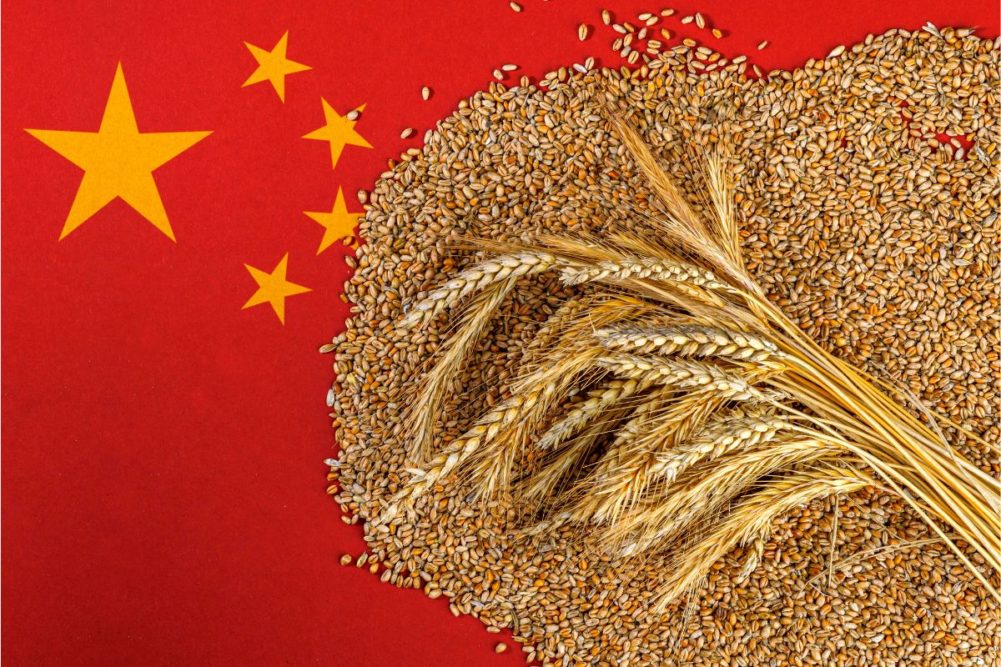China has increased its budget for strategic grain and vegetable oil reserves

China increased its 2025 budget for building stocks of grains, edible oils and other agricultural commodities by 6.1% year-on-year to 131.66 billion yuan ($18.12 billion), Reuters reported.
It also allocated 54.05 billion yuan in subsidies for insurance premiums in the agribusiness sector. The domestic grain production target for 2025 was raised to 650 million tons after a record harvest of 706.5 million tons last year. By 2030, the PRC plans to increase production by 50 million tons from 2023 levels, corresponding to a harvest of about 745 million tons.
“By implementing a food crop production strategy to improve farmland management and technology application, as well as enhancing our ability to guarantee food security, we have the foundation and support needed to achieve this goal,” the National Development and Reform Commission said in a report.
“China’s increase in its stockpile budget is part of an effort to establish a minimum baseline or prevent food stocks from falling to a certain level,” said Genevieve Donnellon-May, a researcher at the Oxford Global Society.
The increased food security measures underscore Beijing’s efforts to prepare for a long trade war with the U.S. and increasingly complex geopolitical challenges, she said. In addition to the U.S. tariff issues, China has also launched trade investigations into pork and dairy imports from the European Union and canola imports from Canada over disputes over tariffs on Chinese-made electric cars.
China, which imports about 80 percent of the soybeans it consumes, said it would expand its cost and farmer income coverage of soybeans to encourage farmers to grow the oilseed crop. At the same time, the company said it will continue to work to reduce the use of soybean meal in livestock feed.
China has for years been exploring the use of low-protein animal feed or alternative flours such as rapeseed or cotton to reduce demand for imported beans. The report said China will expand oilseed cultivation and stabilize production of sugar crops, cotton and natural rubber. The country will also improve its grain pricing mechanism and implement a minimum purchase price policy for rice and wheat.
One of China’s important agricultural tasks in 2025 will be to continuously improve grain and oilseed yields over large areas, Pan Wenbo, chief agronomist and official of China’s Ministry of Agriculture and Rural Affairs (MOA), said earlier in the report
For almost 30 years of expertise in the agri markets, UkrAgroConsult has accumulated an extensive database, which became the basis of the platform AgriSupp.
It is a multi-functional online platform with market intelligence for grains and oilseeds that enables to get access to daily operational information on the Black Sea & Danube markets, analytical reports, historical data.
You are welcome to get a 7-day free demo access!!!
Read also
Abbey Commodities – General Partner of BLACK SEA GRAIN.KYIV-2026
Black Sea & Danube Barley Market at a Turning Point: Demand Pressure and Regi...
US Supreme Court rules Trump’s emergency duties illegal
Mercosur: Protective measures for European agriculture
US makes concessions on pulses in new trade deal with India
Write to us
Our manager will contact you soon



